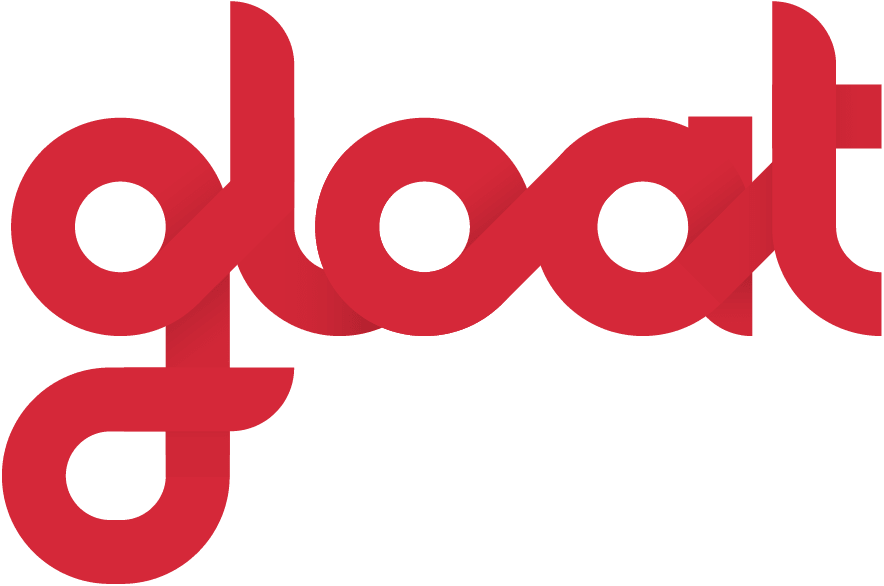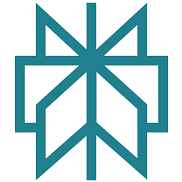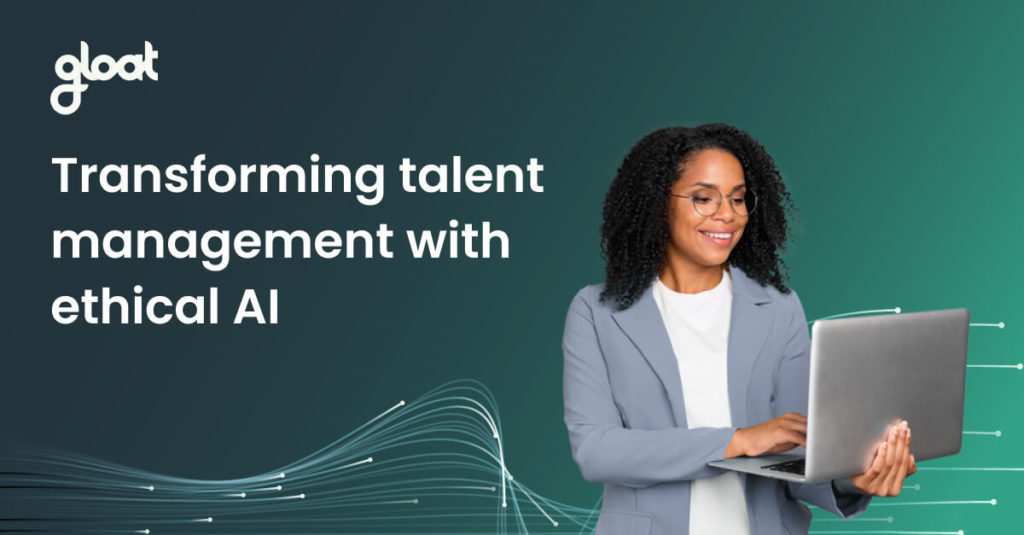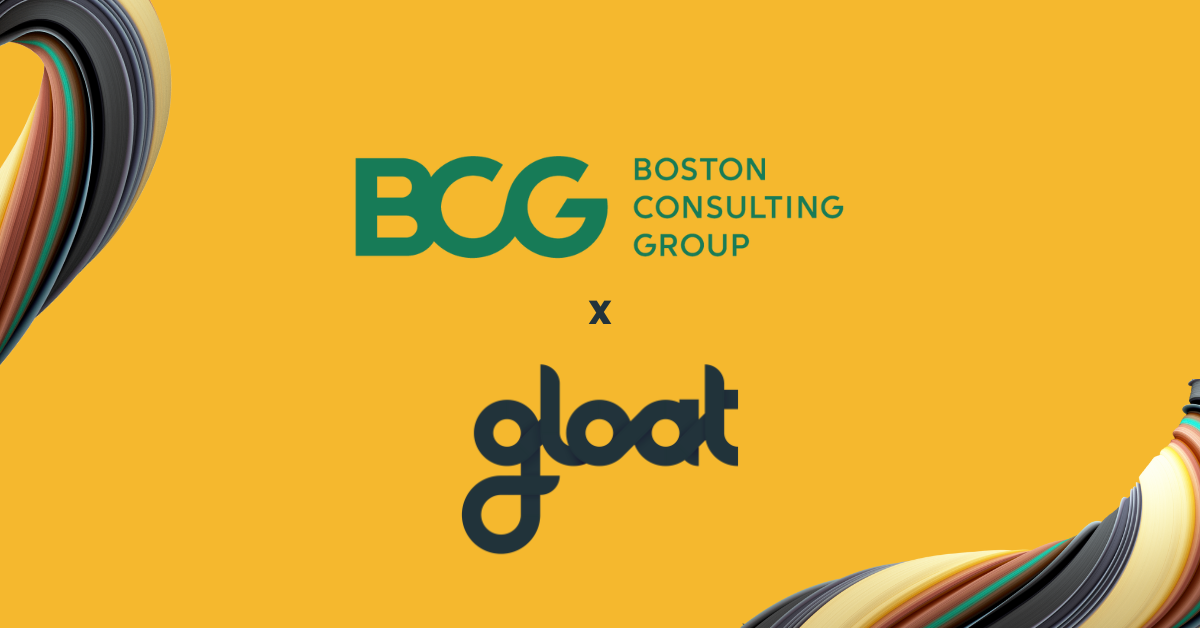How will generative AI impact talent management strategies?
Explore how the latest AI innovations could shape HR transformation 2023 will go down in history as a banner year for AI innovation, thanks in large part to advances in generative AI. The beginning of the year was hallmarked by OpenAI’s launch of ChatGPT, which amassed over 100 million users in two months—with no signs

Explore how the latest AI innovations could shape HR transformation
2023 will go down in history as a banner year for AI innovation, thanks in large part to advances in generative AI. The beginning of the year was hallmarked by OpenAI’s launch of ChatGPT, which amassed over 100 million users in two months—with no signs of slowing down. In fact, Microsoft is planning to bring ChatGPT into its search engine and web browser, while Google is aiming to keep pace with its own conversational AI service called Bard.
While it’s clear that AI use cases are diverse and seemingly ever-expanding, there’s still a lot of uncertainty about how these innovations will impact talent management strategies. To answer that question, we sat down with three experts at the forefront of ethical AI innovation: Paula Goldman, Chief Ethical and Humane Officer at Salesforce; Odia Kagan, Partner and Chair of GDPR Compliance and International Privacy at Fox Rothschild; and Richard Benjamins, Chief AI and Data Strategist at Telefonica. Together, they discussed how generative AI will impact talent management, as well as some best practices HR leaders should keep in mind.
The rise of generative AI
While generative AI has been an active area of research since the 1960s, it’s only become available for public use very recently. In 2022, a deep learning model called DALE-2 made headlines for its ability to generate digital images from text prompts. On the heels of that innovation, ChatGPT took the world by storm with its advanced conversational abilities.
However, as new use cases for generative AI emerge, so do new controversies. From cybersecurity threats to issues surrounding data privacy, there is a range of potential risks that experts are ringing the alarm about. Even Sam Altman, OpenAI’s CEO, is calling for the US to begin regulating artificial intelligence usage.
How generative AI’s surging popularity will impact HR leaders
As generative AI quickly makes its way into the workplace, concerns about how to use it ethically are rising to the top of leaders’ radars. Perhaps most notably, it will fall on HR to collaborate with executives across the organization to ensure that the data these systems use is being collected responsibly and that employees’ privacy is protected.
Additionally, as we inch closer to human-machine collaborations becoming a workplace reality, HR executives must prepare for their workforce planning needs to shift. While it may be too soon to determine exactly how widespread AI usage will impact future job postings, it’s safe to assume that the skills workers need will continue to evolve as technology advances.
4 takeaways HR leaders need to know about generative AI and talent management
Given that 90% of businesses are eager to begin harnessing AI, HR leaders should get familiar with the potential impacts these innovations will have on their talent strategies, including:
#1. There are new risks HR teams must address
As AI usage becomes more widespread, HR leaders must consider the risks these systems pose and the steps they can take to mitigate them. Kagan acknowledges that some of these challenges are already on executives’ radars, noting, “There are corporate risks we’ve seen. We’ve heard about it in the news and there’s also trade secrets, misappropriation, and the sharing of proprietary information that can damage competitive advantages.”
She also calls attention to concerns about data collection and employee confidentiality as another potential risk that HR leaders should watch out for. When it comes to data usage, Kagan says leaders must ask themselves, “Can I do it better? Can I accomplish this in a better way? Is there a better and less invasive way to get this information? Can I get some of this through anonymous surveys instead?”
#2. Job applicants are going to use generative AI to their advantage
The rise of generative AI may also give candidates a leg up when it comes to applying for roles, as it can help them write cover letters and other job application materials that more closely align with what hiring managers are looking for. According to Benjamins, “If you as an employee would like to apply for a job, this tool will write something and then submit it. So I think we should not mix up generative AI, which is creating things, with traditional AI, which is discrimination of deep learning networks or classification trees. I think it might actually make it more difficult for talent management because it’s going to become easier to look better.”
#3. Leaders need to get strategic when it comes to generative AI use cases
While some leaders may be tempted to experiment with as many AI use cases as they can, experts encourage executives to take a more selective approach. HR leaders should consider the ways in which AI innovations may streamline more administrative functions, in turn giving employees more time to complete strategic work. Goldberg compares today’s generative AI to a “really good assistant”, noting that there are “…a lot of limitations, there are problems around accuracy and toxicity. But there’s no doubt that if you read any number of headlines, there are also some serious workplace transformation issues we’re going to need to grapple with as a society. And you see that playing out already, almost faster than anyone might have anticipated.”
#4. Generative AI’s overarching impact on jobs is still unclear
There are plenty of doom and gloom headlines that claim the rise of AI will make many jobs obsolete. Yet—while it’s too soon to say for sure—many studies suggest that AI will not take our jobs, but instead change the nature of the roles—underscoring the need for strategic reskilling efforts.
According to Benjamins, “The studies are all over the place about whether it will kill or create jobs. Everybody agrees that AI will have an impact on jobs, but they’re trying to figure out the type of impact and how good or bad it is. I think that might also have an impact on talent management and workforce planning because if the type of jobs shifts over a short period of time, you’ll have to plan for that.”
To learn more about how ethical AI will continue to shape the way we work, check out our guide, Transforming talent management with ethical AI.
